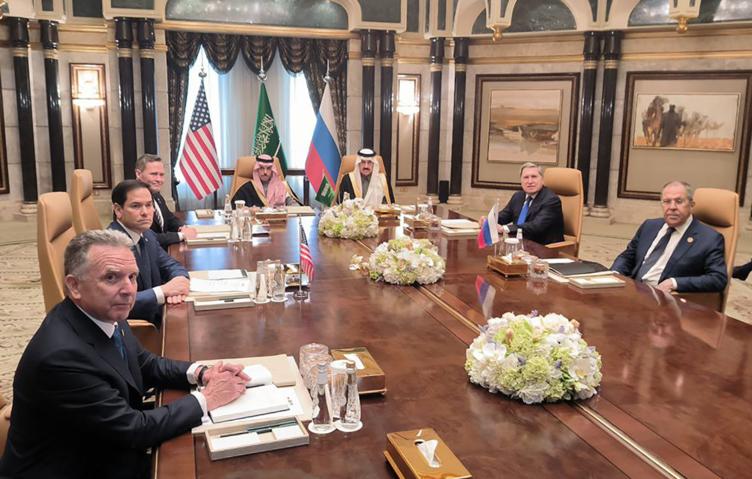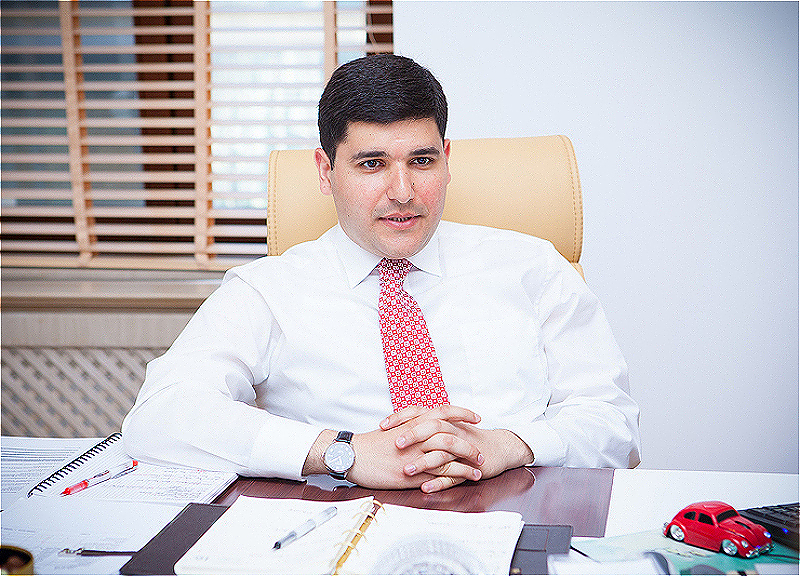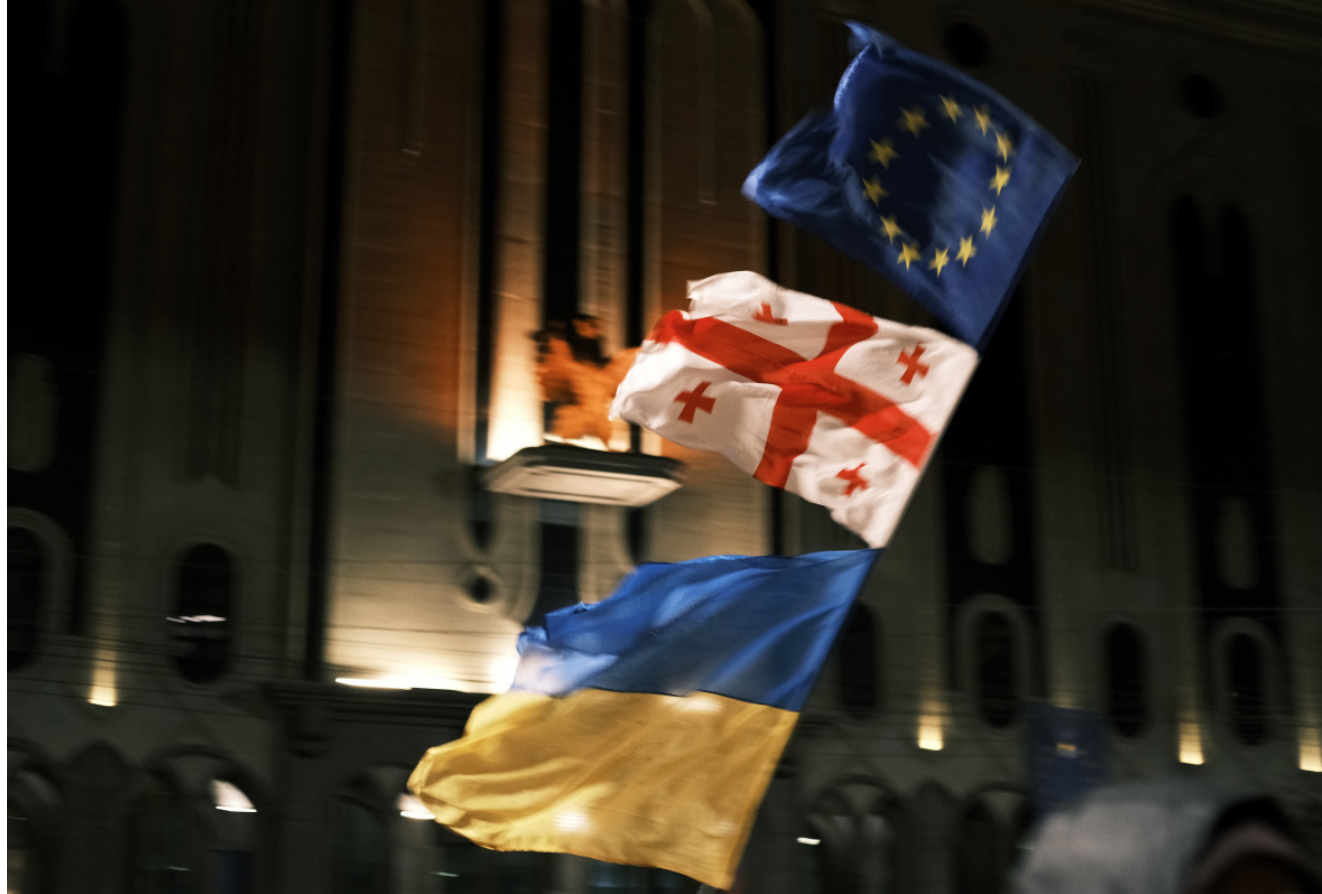'Ukraine is important topic, but only part of U.S.-Russia negotiations' – View from Baku
U.S.-Russia talks in Riyadh
The Saudi capital, Riyadh, hosted high-level negotiations between U.S. and Russian representatives—the first such talks in three years.
According to 1News.az, after summarizing and condensing the extensive information on the topic, the key takeaways can be outlined as follows: the two sides agreed to fully restore diplomatic missions, discuss future economic and investment cooperation, and address issues of “shared geopolitical interest,” as stated by U.S. State Department spokesperson Tammy Bruce. It is clear that Ukraine remains a central topic in these discussions.

nations on the Ukrainian settlement, the agreement reached in Riyadh between Russia and the U.S. to form teams working toward ending the war in Ukraine has drawn significant attention. Equally notable is the somewhat unexpected visit of Ukrainian President Volodymyr Zelensky to Turkey. It is worth emphasizing that all three events took place on the same day—February 18.
- Armenia introduces digital employment contract system: what are its benefits?
- Opinion: Resistance activists are main target of Georgia’s new ‘treason’ law
- Azerbaijan reopens embassy in Syria after 13-year closure

Political analyst Farhad Mammadov shared his perspective the situation in an interview with 1News.az.
“Ukraine issue is no longer a precondition…”
“There is a lot of information on this topic, but I would first highlight the fact that the U.S. is engaging in talks with Russia without Ukraine and without Europe. This means there is no longer a consolidated position—I mean a united Western stance that includes Ukraine.
Secondly, as the results of the meeting and official statements indicate, Ukraine remains an important topic, but it is only a part of the U.S.-Russia negotiations. Washington and Moscow are also discussing economic and geopolitical issues, which encompass a broader range of topics.
The third key point is the agreement between the U.S. and Russia to restore full diplomatic relations. If both sides are moving toward re-establishing diplomatic missions despite the ongoing war and lack of a formal settlement, it clearly suggests that Ukraine is no longer a precondition for limiting U.S.-Russia interactions. I believe this is Russia’s main achievement in the negotiations so far.
For now, Ukraine is on the losing end, as cracks and frustration have appeared among its supporters. Meanwhile, Russia’s position is finding understanding from Ukraine’s main sponsor in this war.”
What will be Europe’s role?
“When it comes to Ukraine and Europe’s involvement, Zelensky’s main task now is to fully integrate Ukraine with Europe and build a strong, resilient coalition—one that not only resists U.S. demands but even challenges them.
The U.S. itself acknowledges Europe’s role in the negotiation process only in the context of sanctions. This suggests that Washington will have to shape the situation in a way that allows Europe to autonomously continue its sanctions policy against Russia.
Russia, on the other hand, will push for the removal of all sanctions by those who imposed them. Here, the U.S. may find itself trapped in a dilemma of its own making—if Europe refuses to lift sanctions, which it likely won’t.”
“Neither Kremlin nor White House wants to see Zelensky as Ukraine’s president”
*”I’d like to highlight Zelensky’s role and position in this situation. The Riyadh meeting made it clear that Russia does not want to see Zelensky as Ukraine’s president or engage in negotiations with him. Moscow wants to reach serious agreements with another figure—someone they consider a ‘legitimate’ leader of Ukraine.
It turns out the U.S. isn’t particularly keen on Zelensky either. This may be linked to Trump’s lingering resentment over Zelensky’s refusal to support a thorough investigation into Biden’s son’s corruption scandals related to Ukraine.
So here we see a rare alignment between Russia and the U.S.—neither wants to ‘see’ Zelensky in power.
At this moment, Zelensky’s personal security is at its highest risk. If before, Russia avoided striking Ukraine’s decision-making centers, now—after testing the waters and assessing U.S. sentiment—we may soon witness a ‘hunt for Zelensky’from Russia, possibly through missile strikes or other means.”*
Turkey’s position amid ongoing developments
“Turkey is taking a cautious approach as it assesses the situation, including the negotiation process. Right now, its priority is to understand the balance of power and determine the best course of action moving forward.
The first key track for Turkey is the U.S. Ankara wants clarity on Washington’s stance regarding the Middle East, the South Caucasus, Africa, as well as the Ukraine issue and the Black Sea. Turkey holds strong negotiating leverage here—it is not a country seeking military aid from the U.S. but rather a responsible strategic partner. That’s why it is closely monitoring these processes and even offering its own platform for negotiations.*
The second track involves Turkey and the European Union. The EU without U.S. support is a different entity—perhaps even more accommodating. Turkey is likely to increase engagement with the EU while reminding Brussels that, despite not being an EU member, it can still secure economic benefits from the bloc.
Moreover, if Europe decides to establish its own military forces or similar initiatives, Turkey’s role in European affairs will grow significantly.*
The third track is the Turkey-Russia-Ukraine dynamic. This is a separate front that requires clarity on U.S.-Russia negotiations. For now, Turkey is adopting a wait-and-see approach.*
“Overall, Turkey has strong cards to play, considering its historical relations with the U.S., Ukraine, the EU, and Russia. It will use these resources strategically and pragmatically.”




















